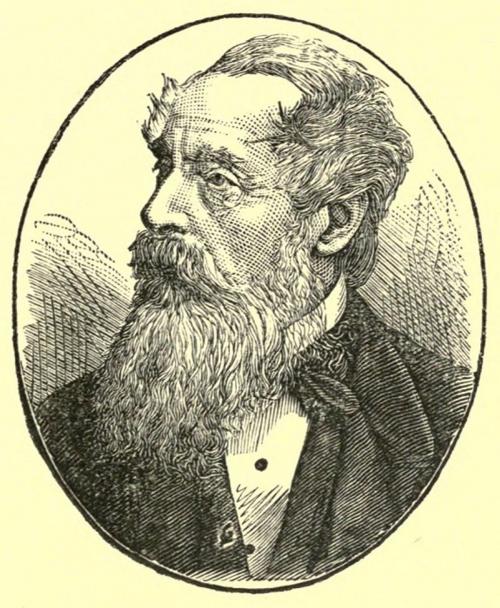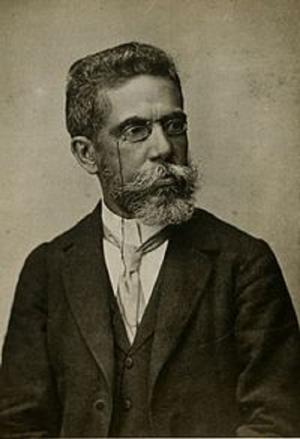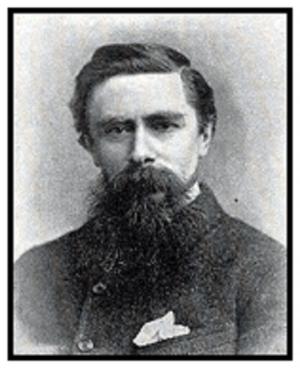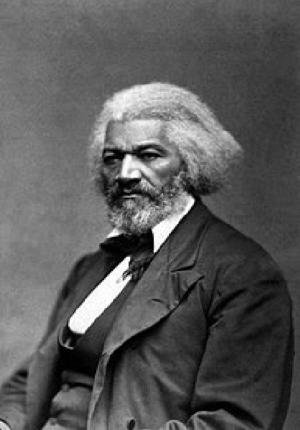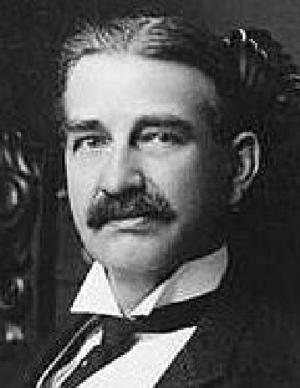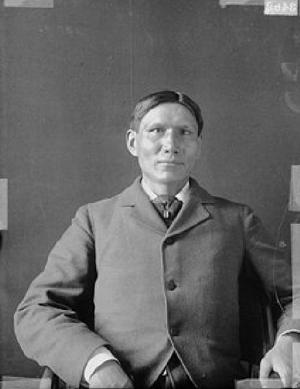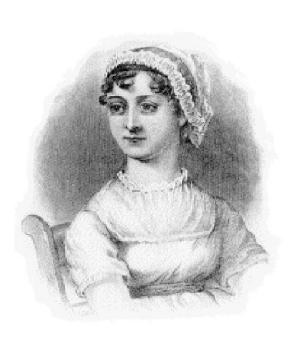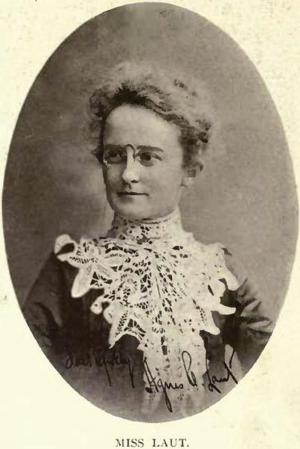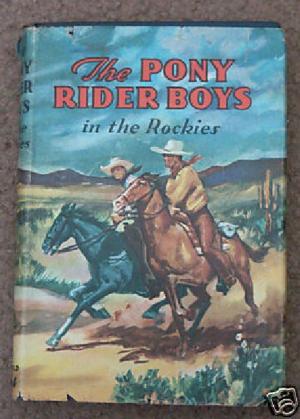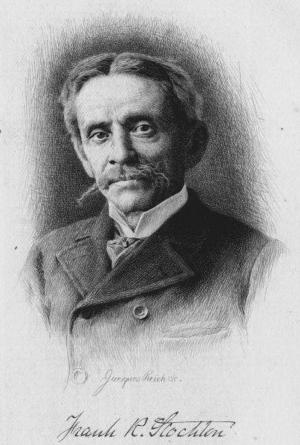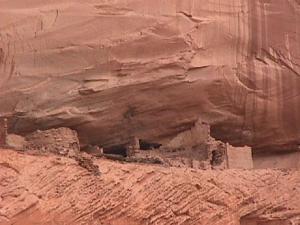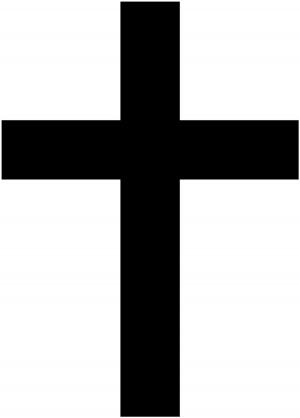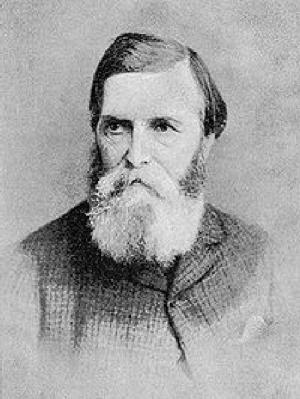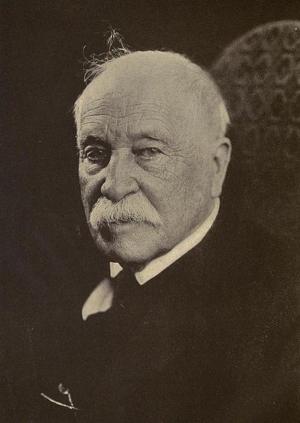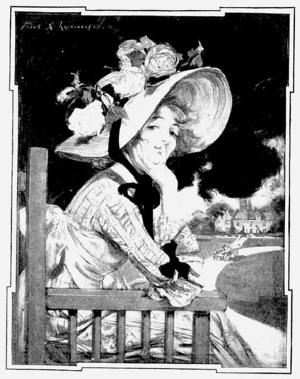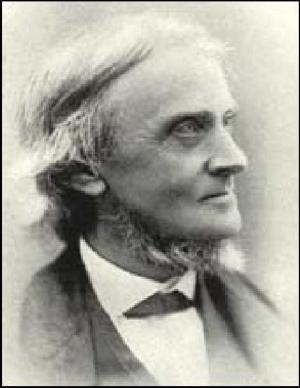Our Sailors, Gallant Deeds of the British Navy During Queen Victoria's Reign
Fiction & Literature, Classics, Kids, Teen, General Fiction, Fiction| Author: | Kingston, W.H.G. | ISBN: | 9781455391264 |
| Publisher: | B&R Samizdat Express | Publication: | June 10, 2015 |
| Imprint: | Quench Editions | Language: | English |
| Author: | Kingston, W.H.G. |
| ISBN: | 9781455391264 |
| Publisher: | B&R Samizdat Express |
| Publication: | June 10, 2015 |
| Imprint: | Quench Editions |
| Language: | English |
This book was originally written by Kingston quite early on in his career as a writer. As he died in 1880 he predeceased the Queen by quite a few years. The book was bought up to date, including, we believe, some input by George Henty, the writer of numerous books for boys, who had been a friend of Kingston's. So this edition presses on a quarter of a century beyond Kingston's death. Much the same can be said about the parallel book "Our Soldiers" which is also to be found on the Athelstane website. Most of the stories are, surprisingly enough, actually military ones. It is surprising how often naval forces were engaged in direct support of military actions. It was not just the Relief of Mafeking in which they were involved, though of course through the writings of Baden-Powell most of us have heard of that event. According to Wikipedia: "William Henry Giles Kingston (28 February 1814 - 5 August 1880), writer of tales for boys, was born in London, but spent much of his youth in Oporto, where his father was a merchant. His first book, The Circassian Chief, appeared in 1844. His first book for boys, Peter the Whaler, was published in 1851, and had such success that he retired from business and devoted himself entirely to the production of this kind of literature, in which his popularity was deservedly great; and during 30 years he wrote upwards of 130 tales, including The Three Midshipmen (1862), The Three Lieutenants (1874), The Three Commanders (1875), The Three Admirals (1877), Digby Heathcote, etc. He also conducted various papers, including The Colonist, and Colonial Magazine and East India Review. He was also interested in emigration, volunteering, and various philanthropic schemes. For services in negotiating a commercial treaty with Portugal he received a Portuguese knighthood, and for his literary labours a Government pension."
This book was originally written by Kingston quite early on in his career as a writer. As he died in 1880 he predeceased the Queen by quite a few years. The book was bought up to date, including, we believe, some input by George Henty, the writer of numerous books for boys, who had been a friend of Kingston's. So this edition presses on a quarter of a century beyond Kingston's death. Much the same can be said about the parallel book "Our Soldiers" which is also to be found on the Athelstane website. Most of the stories are, surprisingly enough, actually military ones. It is surprising how often naval forces were engaged in direct support of military actions. It was not just the Relief of Mafeking in which they were involved, though of course through the writings of Baden-Powell most of us have heard of that event. According to Wikipedia: "William Henry Giles Kingston (28 February 1814 - 5 August 1880), writer of tales for boys, was born in London, but spent much of his youth in Oporto, where his father was a merchant. His first book, The Circassian Chief, appeared in 1844. His first book for boys, Peter the Whaler, was published in 1851, and had such success that he retired from business and devoted himself entirely to the production of this kind of literature, in which his popularity was deservedly great; and during 30 years he wrote upwards of 130 tales, including The Three Midshipmen (1862), The Three Lieutenants (1874), The Three Commanders (1875), The Three Admirals (1877), Digby Heathcote, etc. He also conducted various papers, including The Colonist, and Colonial Magazine and East India Review. He was also interested in emigration, volunteering, and various philanthropic schemes. For services in negotiating a commercial treaty with Portugal he received a Portuguese knighthood, and for his literary labours a Government pension."
